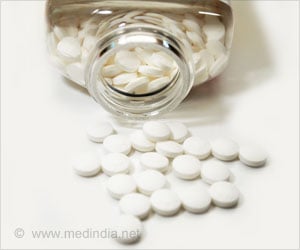
‘While therapy for acute stroke continues to advance and improve patient outcomes, it was observed that stroke prevention needs to keep pace. 76% of acute stroke patients exhibited some degree of stroke preventability, while 26% exhibited high preventability.’
Tweet it Now
Dr. Fisher said, "The results point to an apparent paradox. The recent breakthroughs in acute stroke therapy have led to massive efforts to streamline the evaluation of acute stroke patients and institute therapy as fast as feasible. These efforts will lead to more effective mitigation of brain injury consequent to acute ischemic stroke. However, our data suggest that the difficulties faced by acute stroke patients extend far beyond the rather narrow period of emergency stroke treatment. If one takes what could be characterized as a more holistic approach to the problem of stroke, there's a vast expansion of the window of intervention to include the very stroke prevention efforts that appear to be lacking in so many hyper-acute stroke patients." The research team reviewed records of 274 patients (mean age 67) discharged with a diagnosis of ischemic stroke from UC Irvine Medical Center between Dec. 2, 2010, and June 11, 2012, and evaluated the preventability of each person's stroke. Their 10-point scale focused on the effectiveness of treatment for hypertension (0-2 points), hyperlipidemia (0-2 points), atrial fibrillation (0-4 points), and the use of antithrombotic therapy for known prior cerebrovascular and cardiovascular disease (0-2) points.
Dr. Fisher said, "76% of patients scored 1 or higher, and 26% scored 4 or more. This, points to one conclusion. Stroke preventability and stroke treatability are closely associated. This emphasizes the enduring importance of stroke prevention in an era of increasingly effective stroke treatment. These findings raise the question of whether resources for acute stroke treatment are being directed toward those patients whose strokes are, in fact, the most preventable."
Source-Eurekalert














